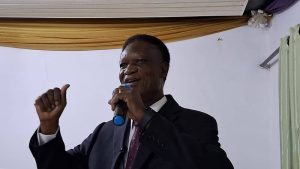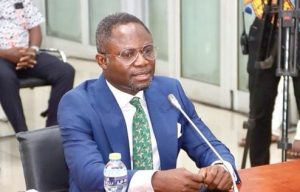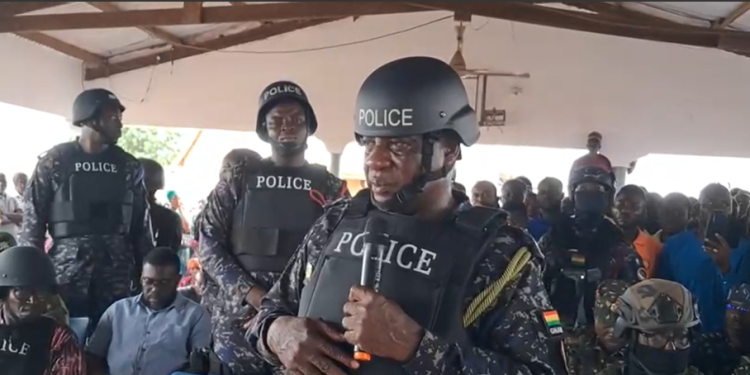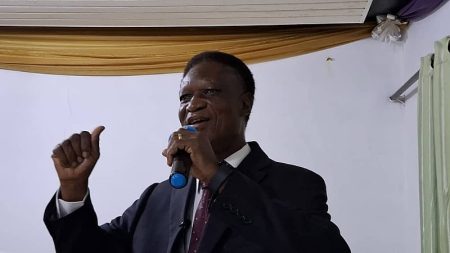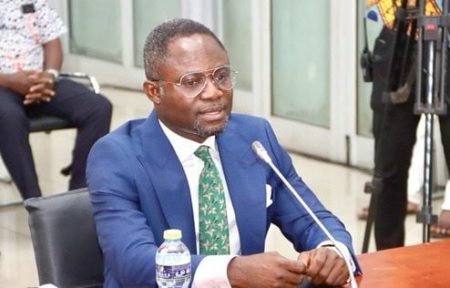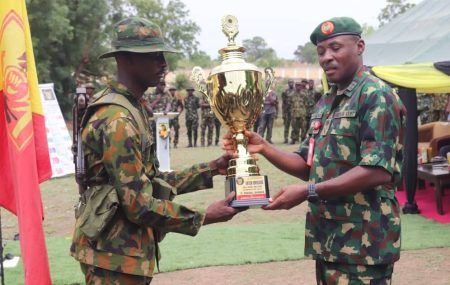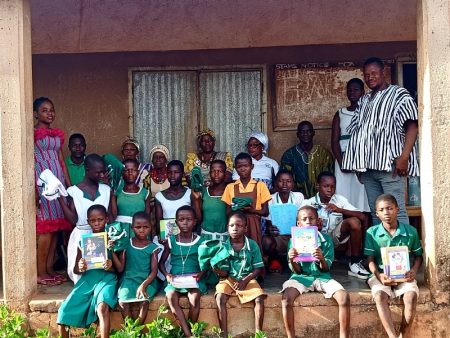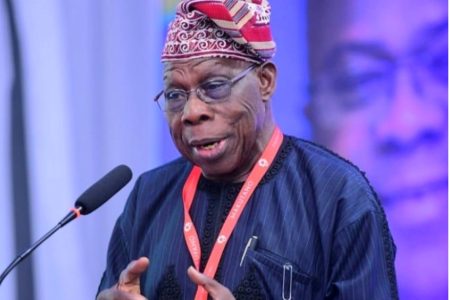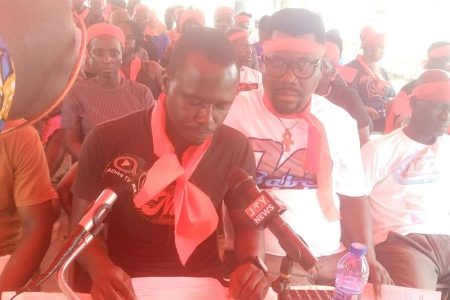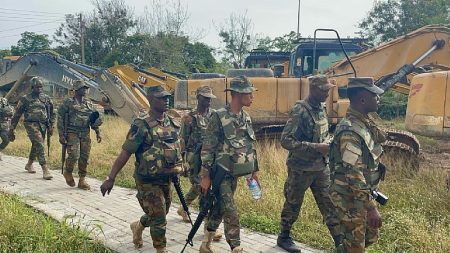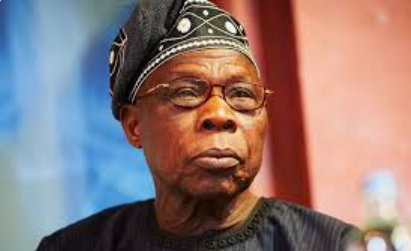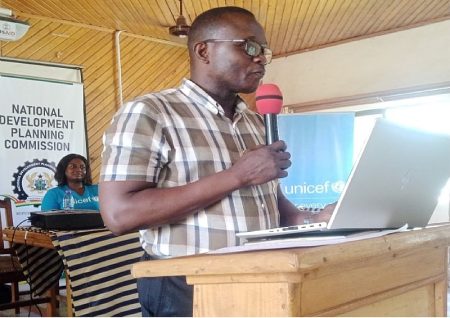Inspector-General of Police (IGP) Christian Tetteh Yohuno found himself at the center of a public controversy following comments he made during a visit to Bawku, a community grappling with persistent violence and tension. A video circulating on social media depicted the IGP seemingly offering police recruitment opportunities to young people in Bawku who surrendered their weapons. This perceived offer of preferential treatment sparked immediate public concern and widespread debate, prompting the IGP to clarify his statements in a subsequent press briefing.
Mr. Yohuno explained that his original message was intended to highlight the importance of inclusivity in police recruitment, particularly for marginalized communities like Bawku. He aimed to reassure the youth that they would not be excluded from national processes and emphasized their equal opportunity to apply and be considered for positions within the Ghana Police Service. He acknowledged the potential for misinterpretation and sought to correct the narrative, stating categorically that all applicants, regardless of background, must meet the established requirements and undergo the standard recruitment process.
The IGP’s clarification aimed to address concerns that his initial remarks implied a bypassing of standard procedures or offered preferential treatment based on disarmament. He underscored that his intention was to encourage peace and reintegration by assuring Bawku’s youth that they would have the same opportunities as applicants from other regions. This clarification sought to allay public fears of compromised recruitment standards while simultaneously promoting peace and disarmament in the conflict-ridden community.
The controversy arose from the IGP’s attempt to address the historical centralization of police recruitment, which often resulted in an imbalance in regional representation within the police force. He recognized the desire for broader representation and sought to assure the youth of Bawku that they would be given a fair chance to participate in the recruitment process. He acknowledged the valuable contributions of existing officers from the Bawku area and emphasized the importance of local knowledge and understanding in effective policing.
However, the IGP’s initial phrasing, particularly the mention of giving an “advantage” to those who disarmed, created the impression of preferential treatment. This perceived deviation from standard recruitment practices fueled public criticism and prompted the need for clarification. The IGP acknowledged the role of media reporting in amplifying the misunderstanding and reiterated his commitment to transparency and adherence to established procedures.
The incident highlights the challenges of communicating sensitive issues in conflict-prone areas and the importance of clear and precise language. While the IGP’s intention was to encourage peace and inclusion, his initial message was susceptible to misinterpretation and inadvertently sparked controversy. His subsequent clarification aimed to rectify the misunderstanding and reaffirm the Ghana Police Service’s commitment to fair and transparent recruitment practices. The incident serves as a valuable lesson in the importance of carefully crafted messaging, especially when addressing vulnerable communities facing complex challenges like those in Bawku.


